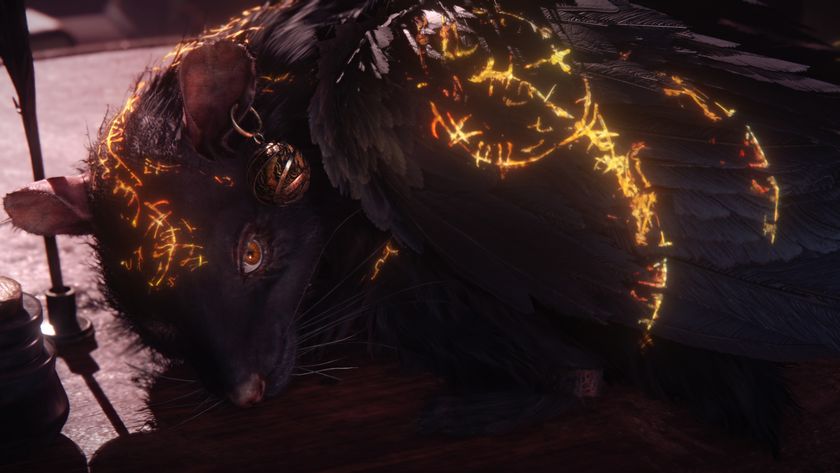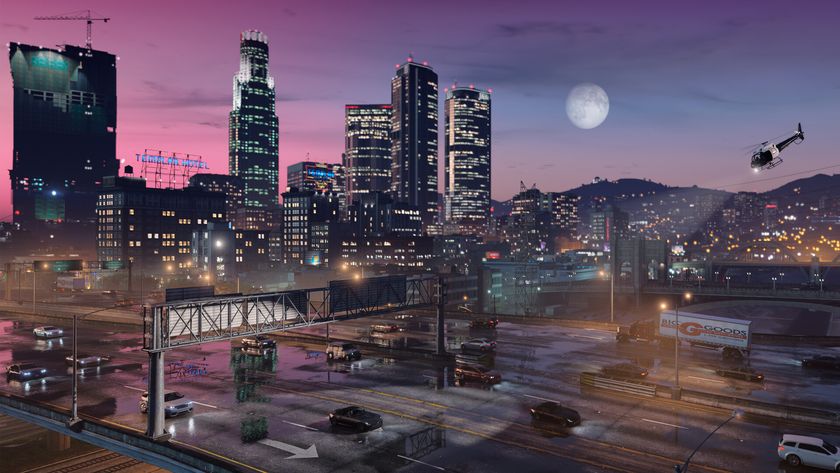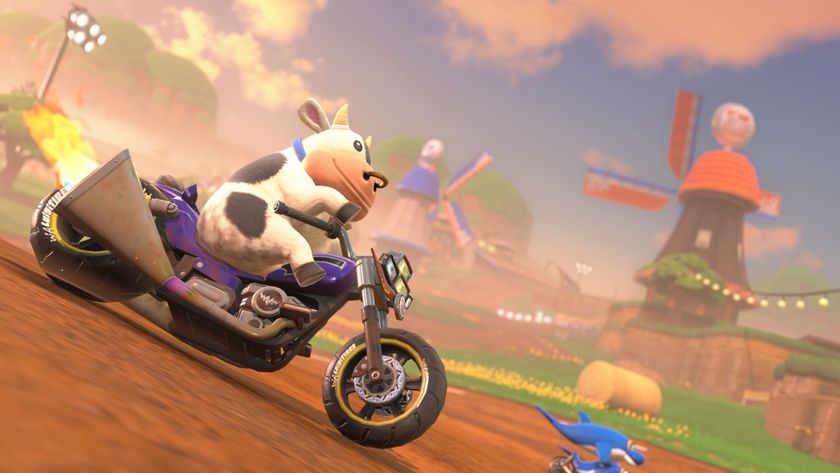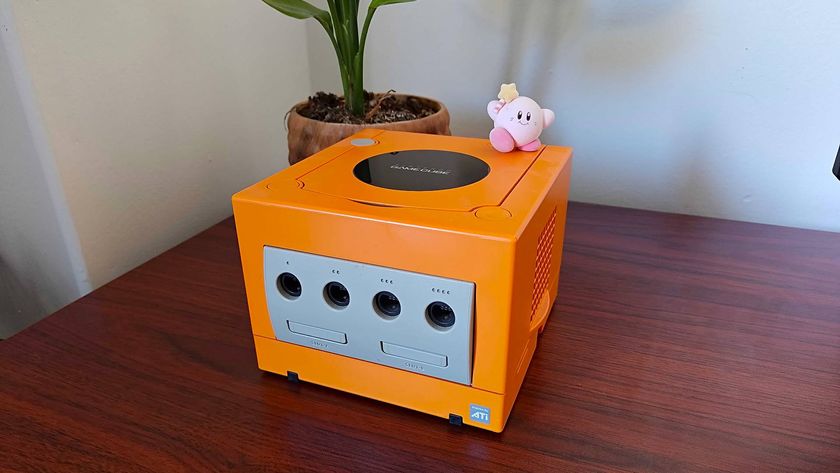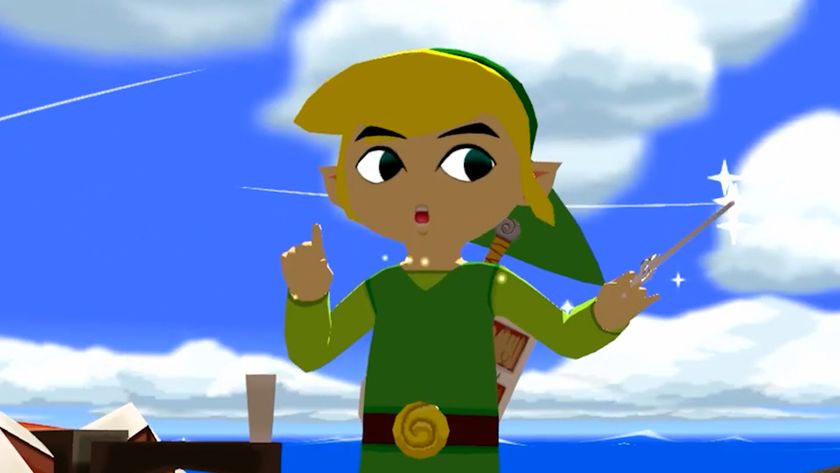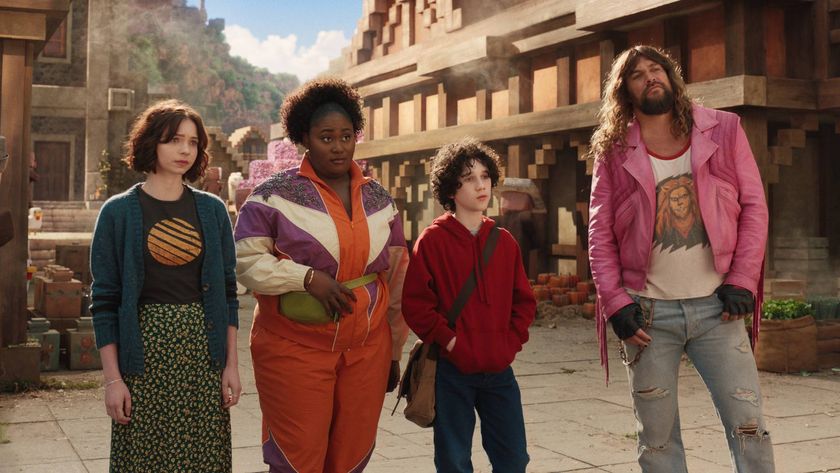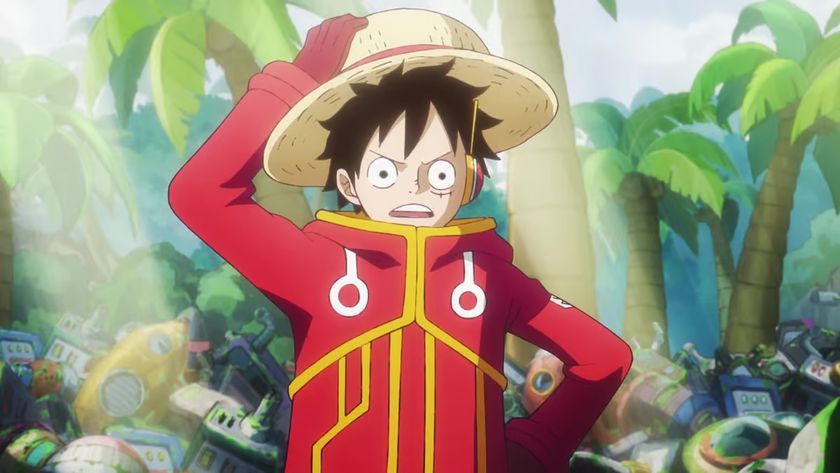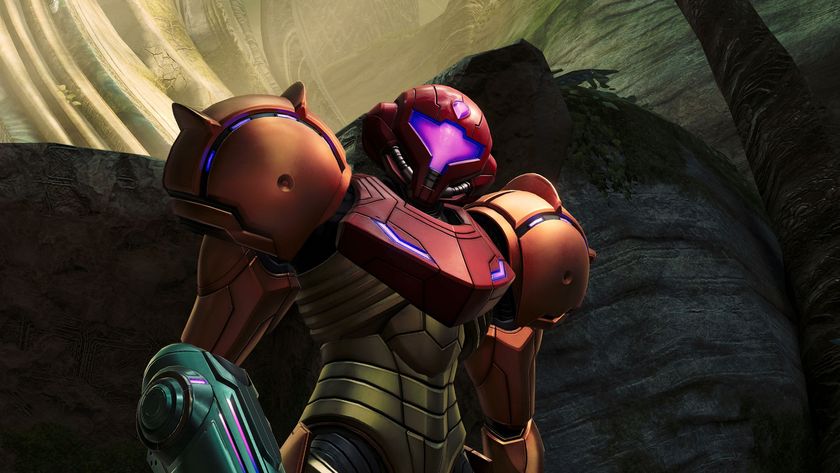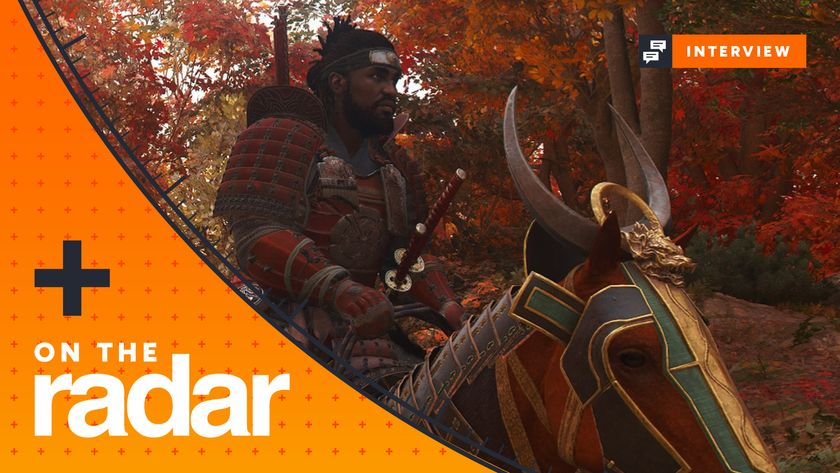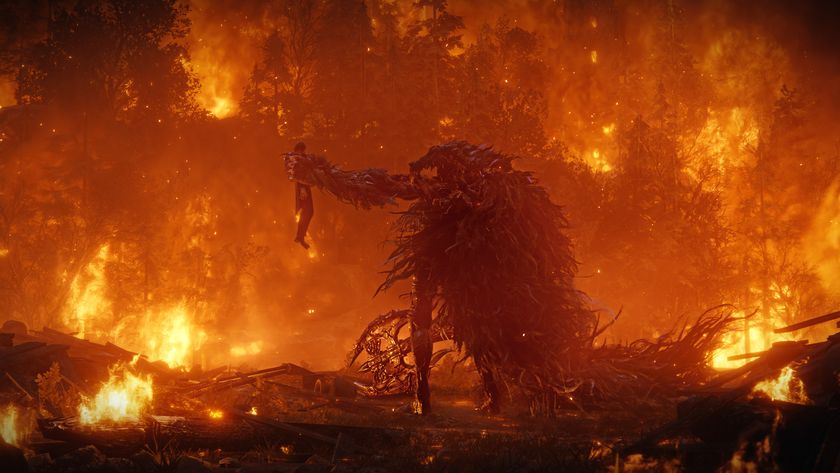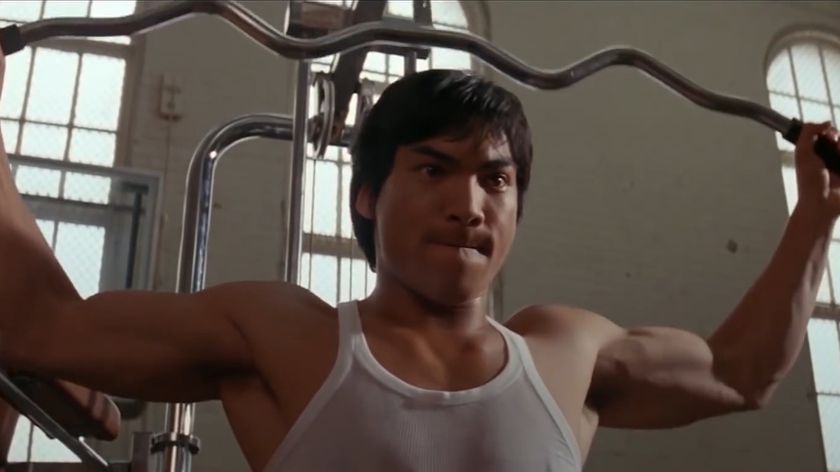Cyberpunk 2077's Jackie Welles is the best Mexican representation I've ever seen in a game
Opinion | By uplifting Hispanic culture, CD Projekt Red created one of its most memorable characters to date
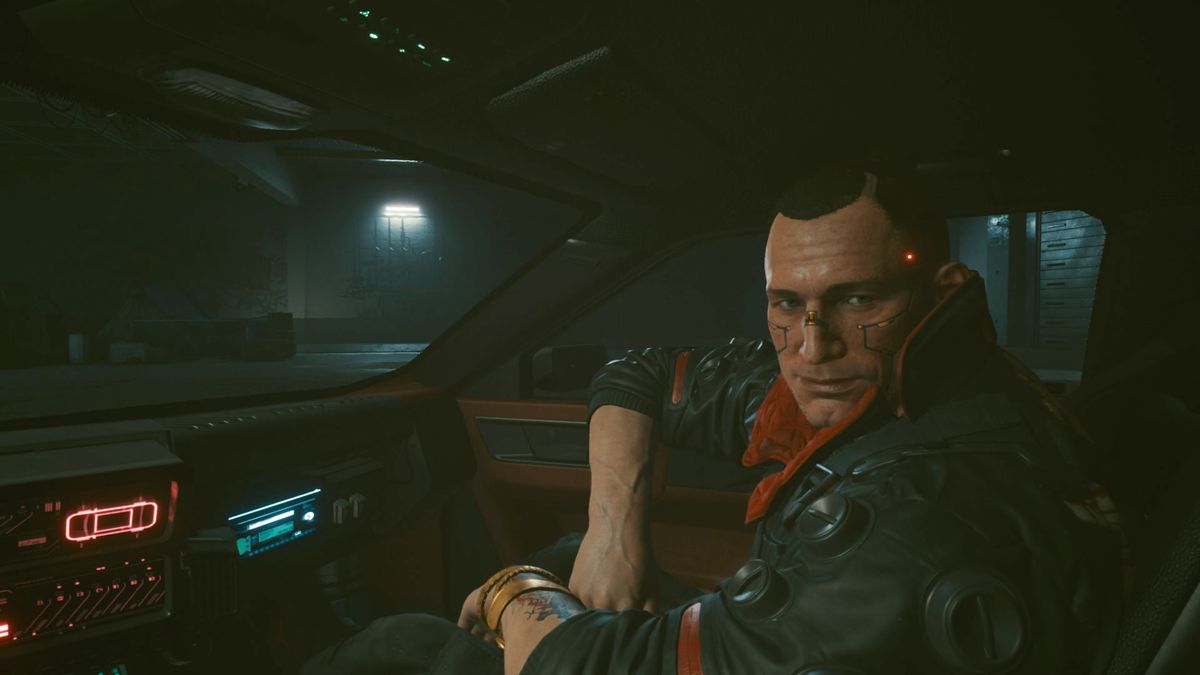
Whenever I think about Cyberpunk 2077, the first thing that comes to mind is Jackie Welles, the smooth-talking merc with a heart of gold who accompanies protagonist V through the beginning of his journey. As a Mexican-American, he's one of a handful of Hispanic characters in video games who stands out because he respectfully portrays the culture he belongs to. He embodies a lot of key values, such as respecting your elders, and is always willing to listen. Unfortunately, Jackie meets an untimely end in the back of a taxi, bleeding out next to V after their overly-ambitious heist at Arasaka Tower goes wrong.
His death shakes V to the core, but it wasn't always meant to be this way. Speaking to 12DOVE, lead story writer Tomasz Marchewka reveals that although CD Projekt Red was "100%” set on his Mexican-American heritage, his friendship with V was once on the rocks. "I remember one iteration in which Jackie was an antagonist of sorts over the first act of the game," says Marchewka. "He had the same goals as V, but different motivations, and during the big heist, he was trying to trick V and finish the job on his own."
Big dreams
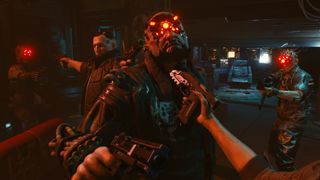
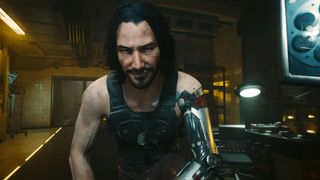
Cyberpunk 2077 Phantom Liberty review: "The culmination of CD Projekt Red's efforts"
In the end, the studio wanted Jackie to be a Mexican-American who was "loyal, honorable, and respectful of traditional values more than anything else”. In other words, it's the polar opposite of your standard Night City merc. Though Jackie is defined by his deep roots in Hispanic culture, none of the writers who helped create him were Hispanic. To combat this, the team relied on Mexican producer Eloy Gerardo Montemayor Ramos, who helped as a consultant. “His insight helped us a lot to make sure that we were heading in the right direction," says Marchewka.
Ramos' influence on Jackie's character made him more authentic, not only in how he carries his values but also in the way he speaks Spanglish (a mixture of Spanish and English). Having Jackie confidently switch between the two languages shows players that the world of Cyberpunk is "a multicultural one," as it allows players to see that V's cyberware was easily able to translate what Jackie was saying into a language anyone could understand. Even this was debated – CDPR went back and forth on whether Jackie should only speak Spanish, but ultimately didn’t want it to break his “flow of dialogue” with V.
Though Jackie wasn't a character I spent a lot of time with, he had a lasting impact on me. He's still someone I think about today, primarily because I don't see much Hispanic representation in video games. More often than not, they're displayed in stereotypical ways that aren't helpful to the community at large. Just look at the Grand Theft Auto series, which portrays the majority of Hispanic characters as drug dealers.
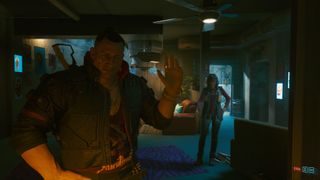
Although there are a lot of great Jackie moments, the one that completely sold me on him was during V's toast "to this," a dialogue option that can only be chosen through the stuffy Corpo route. Jackie's response perfectly embodies a lot of Hispanic core values: "You raise a glass to your mama, your hermana. To the mamacita, you'll meet at the bar,” he says. “But 'this' doesn't say a damn thing." Even though it's a simple joke line, it has so much meaning and perfectly embodies the core values of Hispanic culture.
Sign up to the 12DOVE Newsletter
Weekly digests, tales from the communities you love, and more
With his charisma and disarming loyalty, the developer knew Jackie would be a fan favorite. At one point, the game’s writers even considered sparing him from his grisly fate. “While working on the first act of Cyberpunk 2077, we considered different versions of the biochip story,” shares Marchewka. “In some of them Jackie died, in others, he managed to survive – although with grave consequences. The final decision was a very complex one [driven by] our desire to close our Act 1 properly.”
“Our idea was to start Cyberpunk 2077 off like a typical Cyberpunk 2020 [TTRPG] adventure,” Marchewka continues. “A group of mercenaries sets out to accomplish a bombastic job way above their level, hoping to hit it out of the ballpark, and it ends with the main character losing pretty much everything. We wanted to convey that it’s not 2020 [the TTRPG’s setting] anymore, and it’s not about having a good time with your crew like it would be during an old-school RPG setting. For that to work, Jackie had to die.”
Jackie’s death was ultimately unavoidable, but he lived on in more ways than one, whether that’s through V’s in-game memories or his impact on players. The Hispanic representation seen through Jackie's character in Cyberpunk 2077 was accurate and respectful, and I hope to see more games do this in the future.
Returning to Night City? These Cyberpunk 2077 tips will help keep you alive

Luis Gutierrez is a freelance journalist who's worked with various publications, such as IGN, GameSpot, Polygon, and more. He loves all video game genres. In his spare time, he loves reading, watching TV and movies, and spending time with his pug.
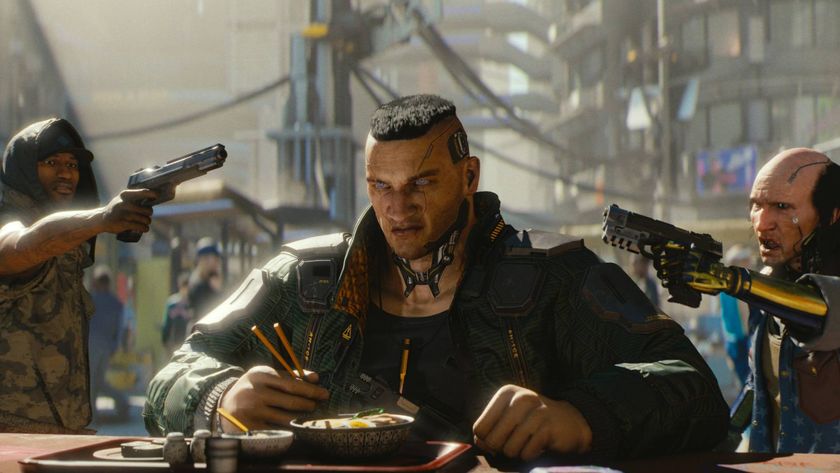
The Witcher 3 and Cyberpunk 2077 developer enters into partnership with Pokemon Go owner to create a new game "set within one of CD Projekt's IPs"
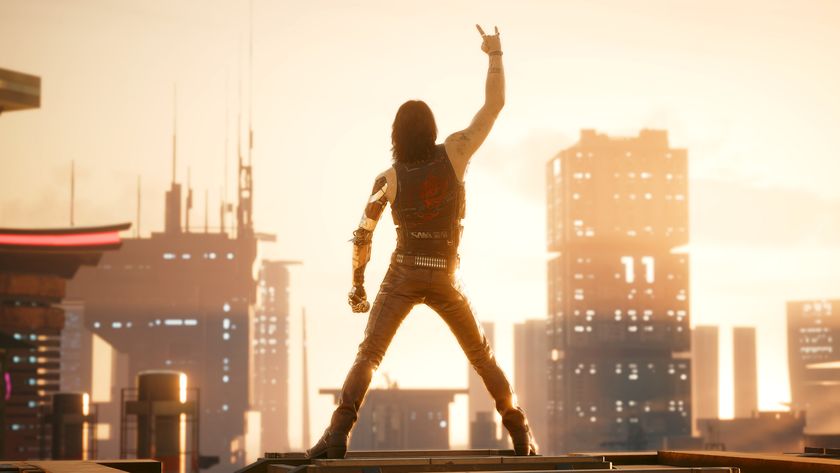
Despite releasing exactly zero new games, CD Projekt bagged $120 million in profit for 2024 – the Witcher and Cyberpunk studio's third-best result ever
